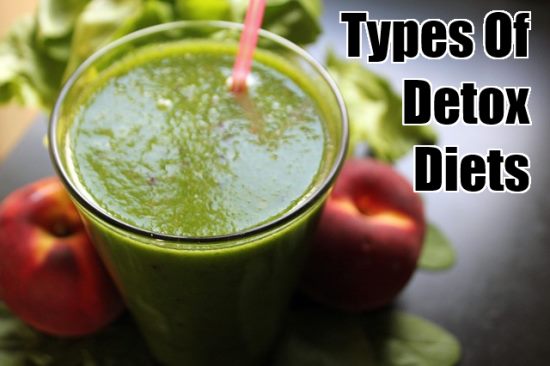2. Skimping on sleep
If you’ve ever felt bleary-eyed at your desk and inhaled an entire croissant without even paying any attention to what you were doing, you know that your sleep affects your eating habits. “Sleep loss is the number-one culprit that can throw your hunger cues out of whack,” says DiCarlo. The good news? This may be the most enjoyable habit to break—and the benefits of getting enough sleep can extend into all part of your life. (Are these 10 stubborn sleep myths holding you back?)
3. Crash dieting
You’re in a wedding next weekend and know that only eating cottage cheese will kill 5 pounds, easy. Or everyone in your office is trying the juice cleanse, and you feel almost left out if you don’t participate. Resist the urge. Strict diets are unhealthy, but there's more to it than that: “Studies show they don't work, they slow your metabolism, and you will gain all the weight back,” says DiCarlo. If it’s making you dizzy with hunger, it’s definitely not a long-term solution.
4. Binge drinking
Getting drunk and then housing a pizza might be a behavior associated with college life, but that doesn’t mean you stopped at age 22. “Alcohol lowers inhibitions and therefore increases mindless eating,” says DiCarlo. “To curb this, don't drink on empty stomach, pace yourself, and keep healthier snacks in the fridge for when you get home and defenses are down.” (Need inspiration? Here's what nutritionists eat when they only have 5 minutes to prep a meal.)
5. Skipping meals
It seems like simple math, right? If you skip lunch and eat a normal dinner, you just saved a ton of calories. But that’s not how it works. “Your hunger hormone—ghrelin—and satiety hormone—leptin—work best when nourished every four hours,” says DiCarlo. “If not, they go out of whack and can cause overeating later.” Try planning your meals ahead of time, especially on days you know you’ll be crazy busy and might be likely to skip.
6. Eating fat-free foods
It’s a bit of a holdover from the '90s, but low-fat cheese, butter, and cookies might still be hanging out in your kitchen right now. Remember that fat is not the bad guy. “We need fat to keep us full and promote satiety,” says DiCarlo. “Removing fat from food will leave us craving more and overeating later.” Picking fat-free versions of certain foods can even cause you to take in fewer nutrients from them. “Removing fat from foods like dairy prevents absorption of important fat-soluble vitamins like A and D—and calcium, as well.”
This article originally ran on WomensHealth.com.




